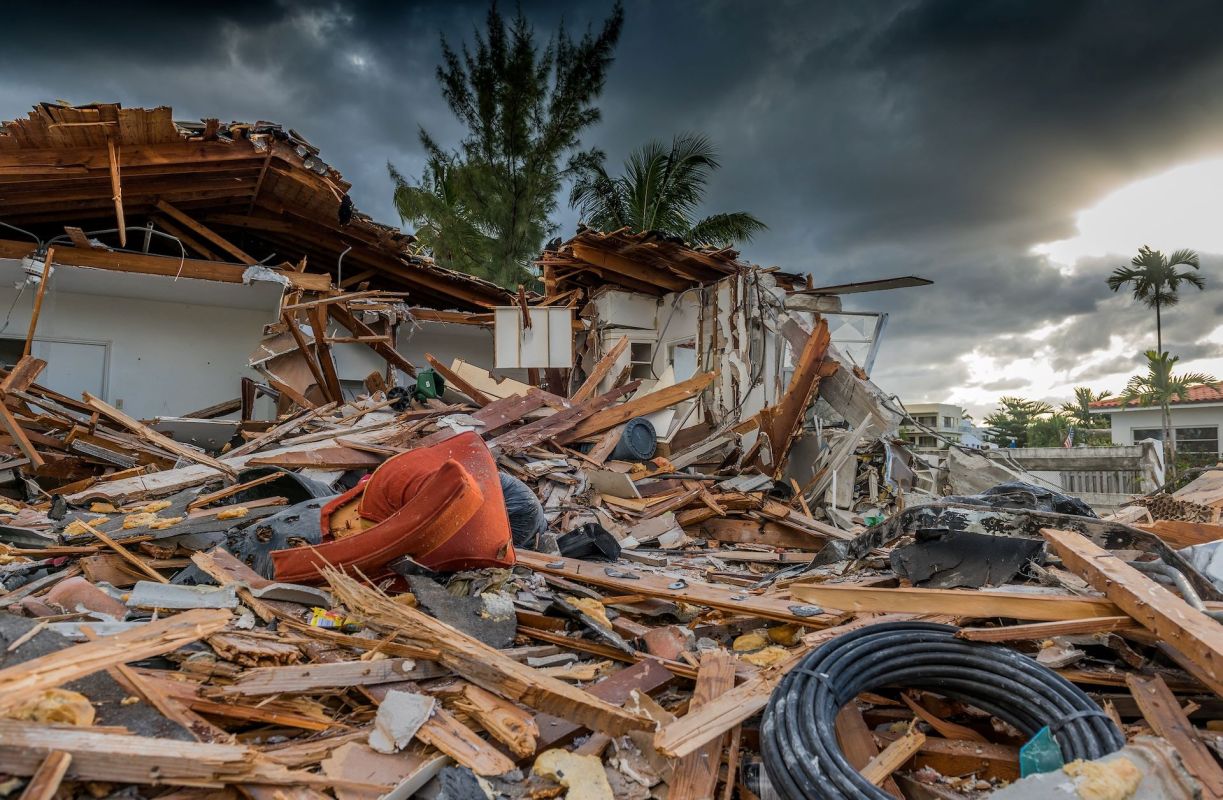Many Millennials and Gen Z'ers are already experts at budgeting for modern-day essentials not required for success in earlier generations.
With a major issue driving up insurance rates across multiple states, however, homeowners of those generations — along with many other Americans — are needing to adjust to yet another curveball of the times, with many struggling to protect their living spaces.
What's happening?
As the Milwaukee Independent detailed, a September report by the nonprofit First Street Foundation projected that 39 million homes in the United States could be impacted by huge increases in insurance premiums in areas susceptible to natural disasters.
"If you're not worried, you're not paying attention," California Sen. Bill Dodd told the Independent.
Florida and Louisiana reportedly join California as the states most likely to experience sky-high rates. Jen Goodlin, a resident who moved back to her hometown of Paradise, California, discovered her homeowner insurance premium had jumped by nearly $9,000 — well out of her price range.
"Our insurance agent said, 'Just be thankful we didn't drop you,' and I said, 'You did, you just dropped me,'" Goodlin said, per the Independent.
"I've never seen the market turn this quickly or significantly," added Todd Bevington, a VIU by HUB managing director with 30 years of insurance experience.
Why are these high premiums concerning?
High insurance rates may not seem like the most pressing issue when inflation is affecting the cost of immediate must-haves like food. The trend speaks to a more insidious long-term concern, however: the changing temperature of our planet, which may need to be increasingly on the radar of young prospective homebuyers.
Warmer global temperatures have been linked to an uptick in the frequency and severity of extreme weather events, including hurricanes, wildfires, and floods.
As noted by the Independent, that affects how the insurance industry calculates risk, as post-disaster recovery efforts can take time and cost billions.
There could be 1.2 billion climate refugees by 2050 if current trends continue, according to the Institute for Economics & Peace, a think tank that assesses social, political, and economic issues that affect global stability.
What can I do to help lower insurance costs?
There are tools to assist in the short term while we keep a long-term vision of a cleaner future in mind.
ClimateCheck, for example, looks to "empower property buyers, owners, and brokers" in their pre-purchase decision-making by assessing the risks related to the climate.
Meanwhile, daily choices can create positive change in our climate over time. Switching from a high-meat diet to a low-meat diet could have health benefits while reducing the amount of harmful pollution a person is responsible for by thousands of pounds annually.
Join our free newsletter for cool news and actionable info that makes it easy to help yourself while helping the planet.









